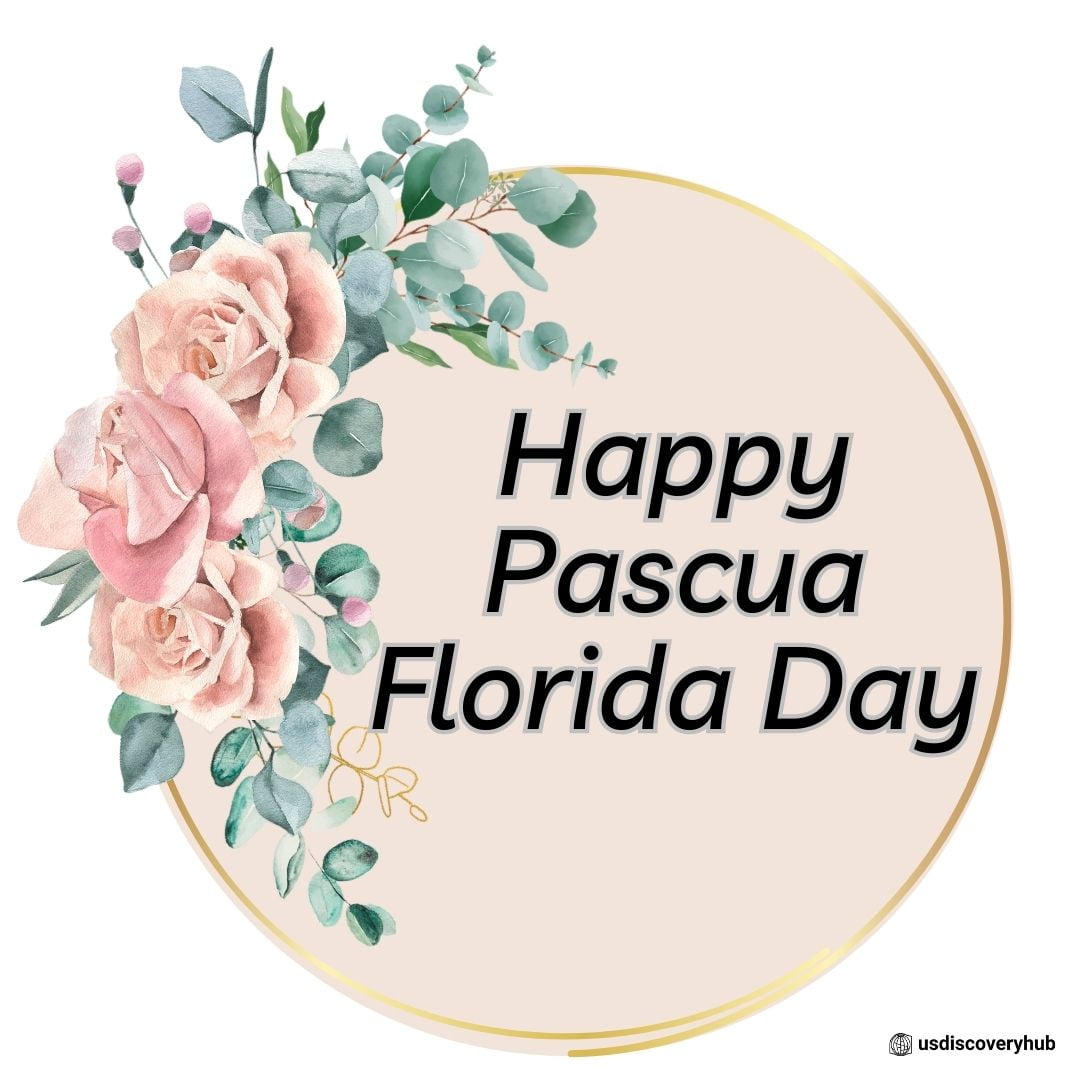Pascua Florida Day, also known as Florida Day, is a public holiday celebrated in the U.S. state of Florida on April 2nd each year. The day marks the anniversary of the landing of the Spanish explorer Juan Ponce de León in 1513, and the naming of the region “La Florida” (the land of flowers) in honor of the beautiful flowers that were in bloom at the time.
The history of Pascua Florida Day dates back over 500 years to the early days of European exploration in the Americas. In 1513, Juan Ponce de León set sail from Puerto Rico with three ships in search of new lands to claim for Spain. He landed on the east coast of Florida on April 2nd, which was also Easter Sunday, and named the region “La Florida” after the beautiful flowers that he saw blooming everywhere.
Ponce de León’s landing was the first recorded European contact with what is now the continental United States. While he did not establish a permanent settlement, his expedition paved the way for future European explorers and settlers to come to Florida and the wider region.
Over the centuries, Florida has been shaped by many different cultures and influences. The state has been home to Native American tribes, Spanish explorers and settlers, British colonists, African slaves, and immigrants from all over the world. Pascua Florida Day celebrates this rich history and the diverse communities that have made Florida what it is today.
Pascua Florida Day is an important day for Floridians to celebrate their state’s history and culture. Many communities hold parades, festivals, and other events to mark the occasion. In St. Augustine, the oldest city in the United States and the site of Ponce de León’s landing, there is an annual reenactment of his arrival, complete with period costumes and ships.
For many Floridians, Pascua Florida Day is also a day to reflect on the state’s natural beauty and to appreciate the importance of preserving its environment. Florida is known for its stunning beaches, wetlands, and wildlife, but these natural treasures are also under threat from development, climate change, and pollution. Pascua Florida Day is a reminder to protect and conserve these resources for future generations.
In addition to celebrating Florida’s history and culture, Pascua Florida Day is also an opportunity to reflect on the ongoing struggle for civil rights and equality. Throughout its history, Florida has been the site of many important moments in the fight for racial and social justice, from the Civil Rights Movement to the recent Black Lives Matter protests. Pascua Florida Day is a chance to honor the legacy of those who have fought for a more just and equitable society, and to continue that work in the present day.
Pascua Florida Day is an important holiday for all Floridians, but it is also a reminder of the state’s place in the wider world. Florida is a hub for international trade, tourism, and culture, and its diverse communities are connected to people and places around the globe. Pascua Florida Day is a time to celebrate these connections and to recognize the role that Florida plays in shaping the wider world.
As Florida continues to grow and change, Pascua Florida Day remains an important day for Floridians to come together to celebrate their state’s history, culture, and natural beauty. It is a day to reflect on the past, appreciate the present, and look forward to the future.
Happy Pascua Florida Day
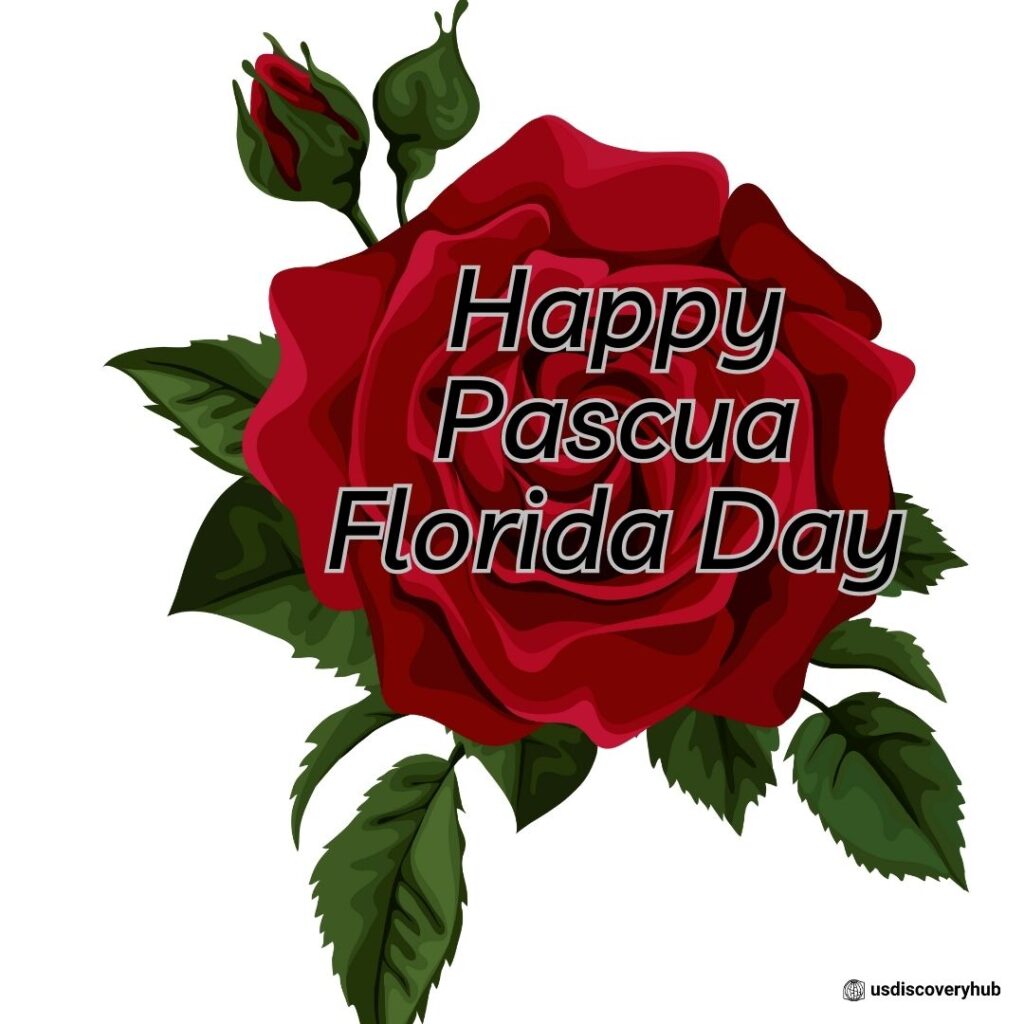
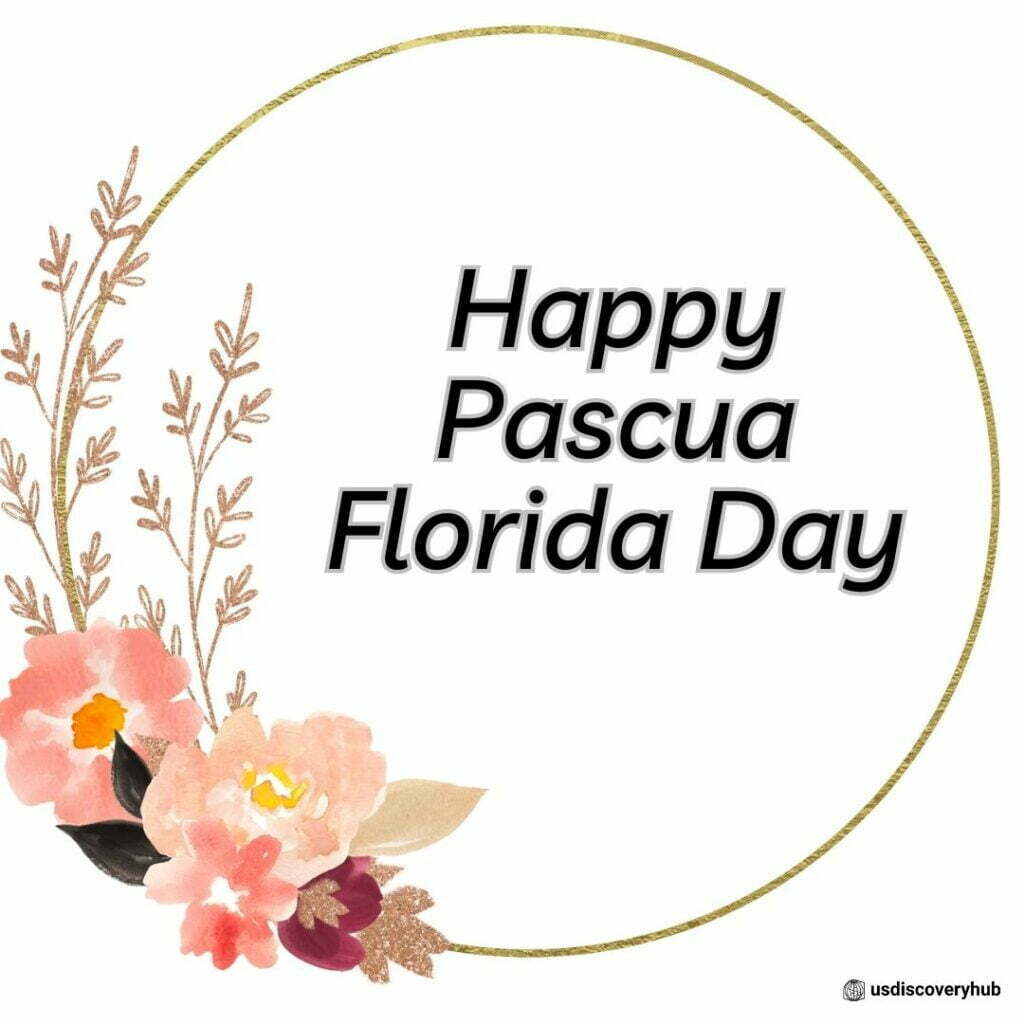
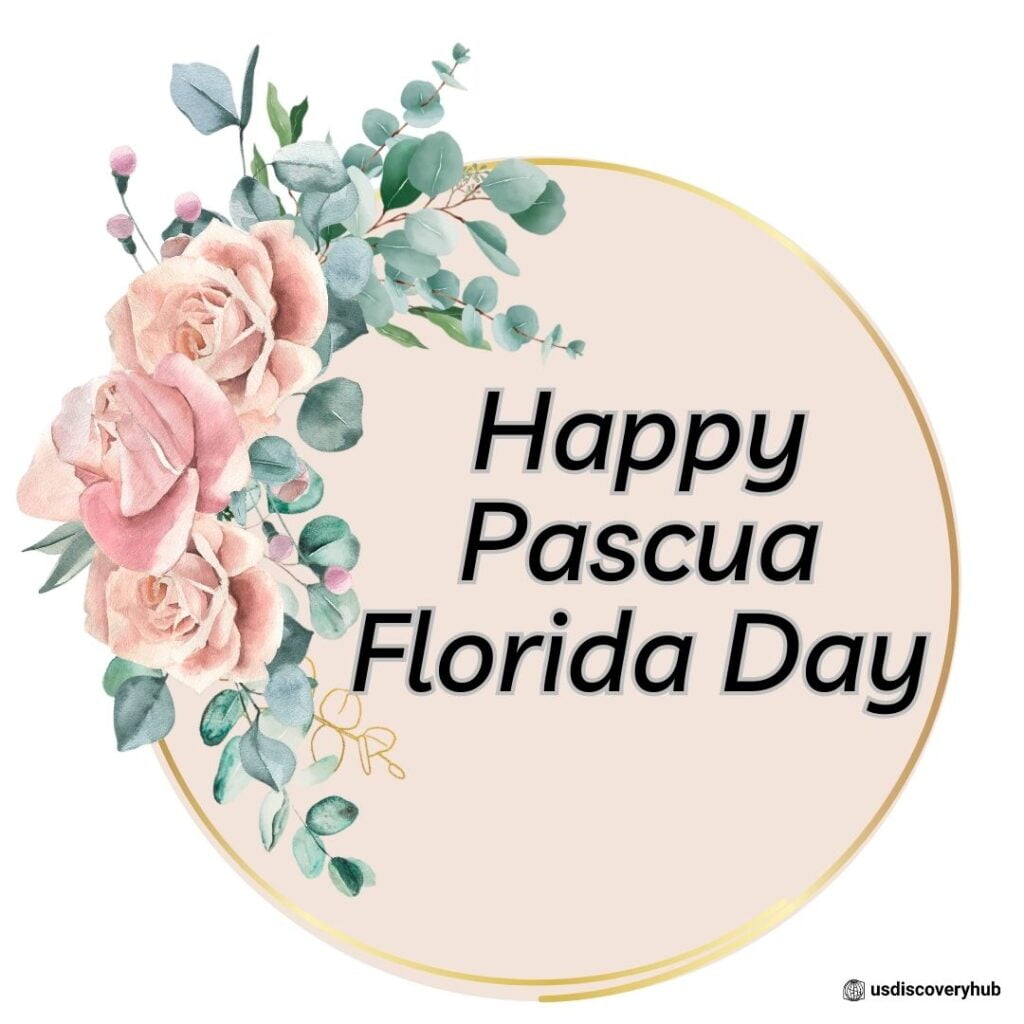
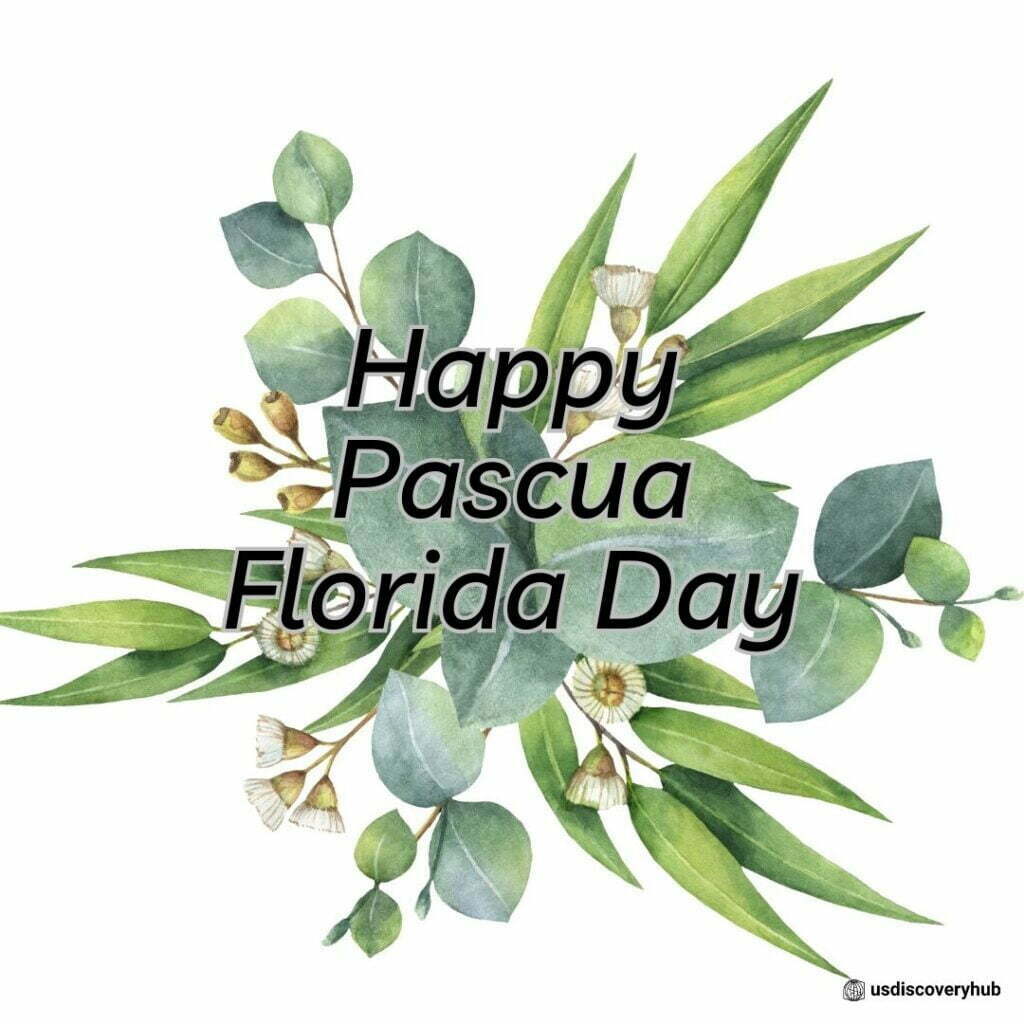
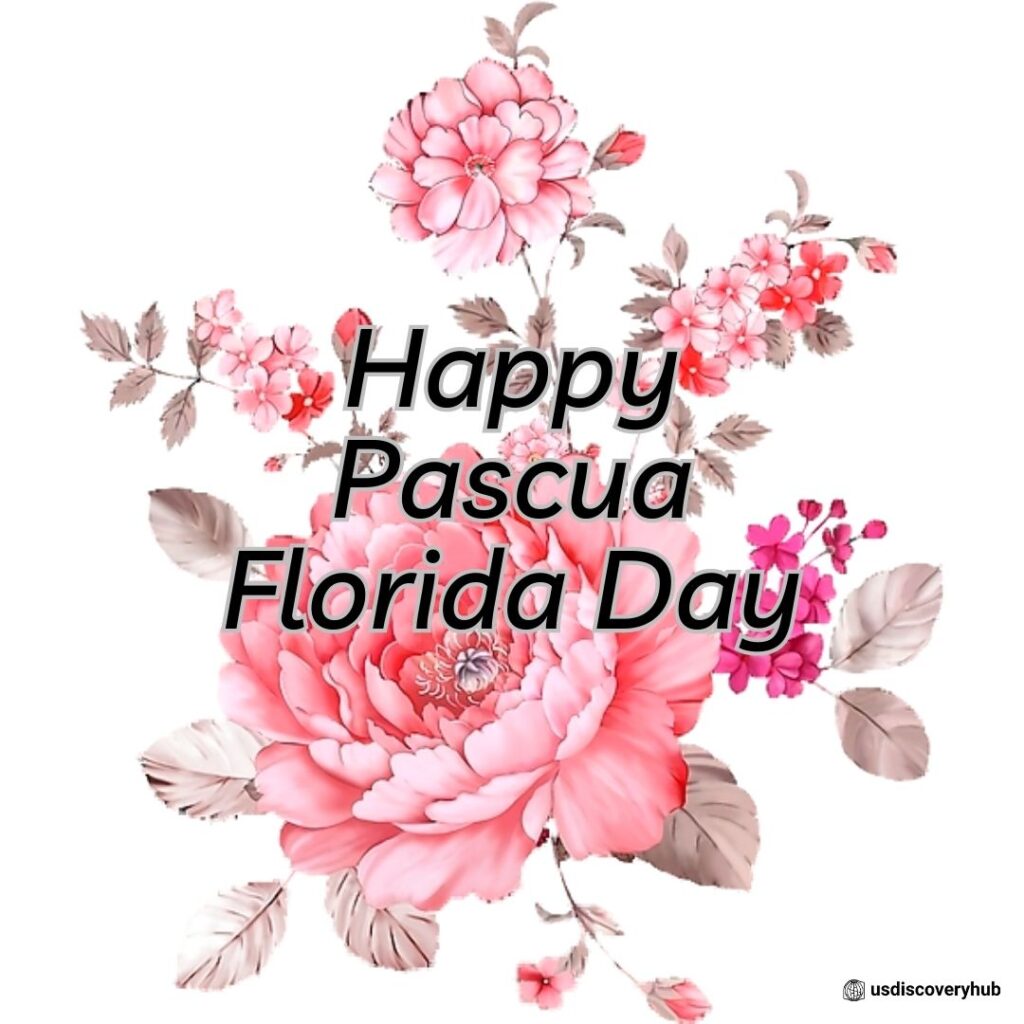
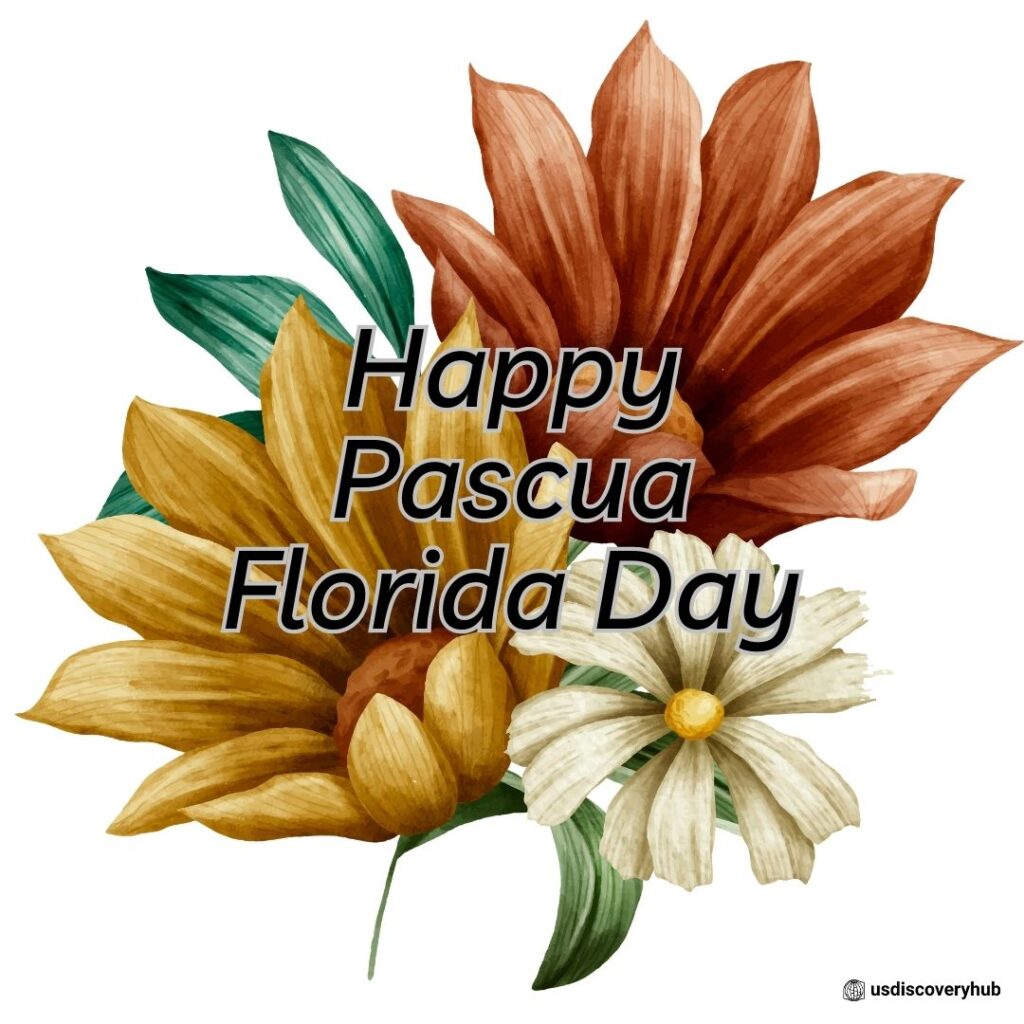
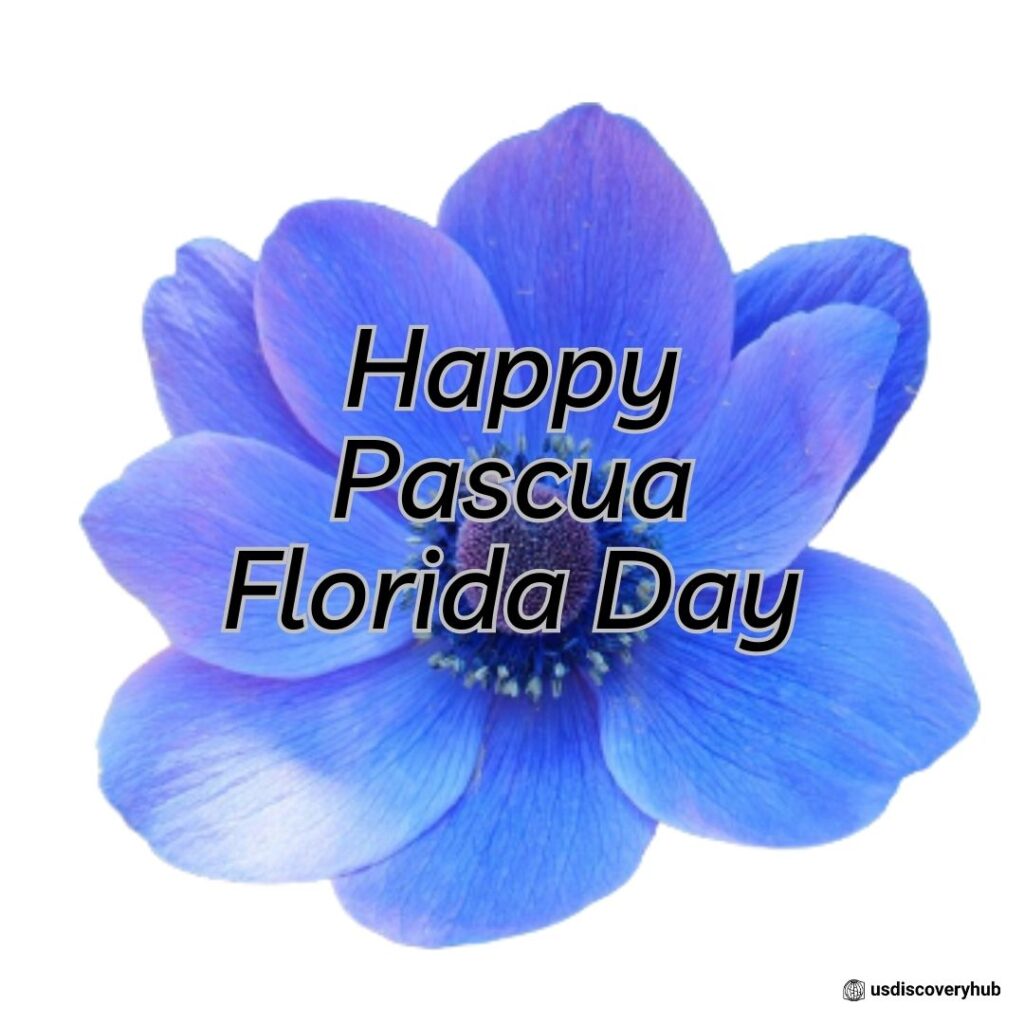
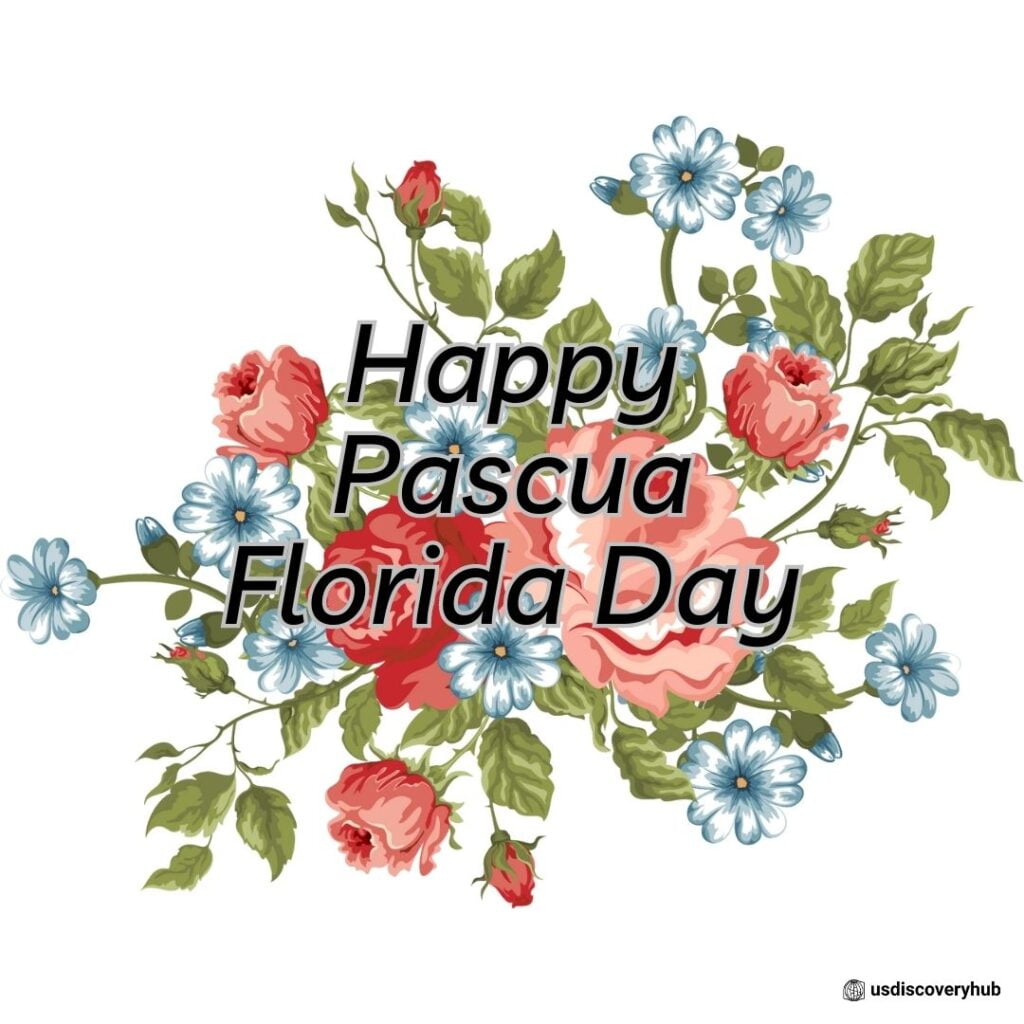
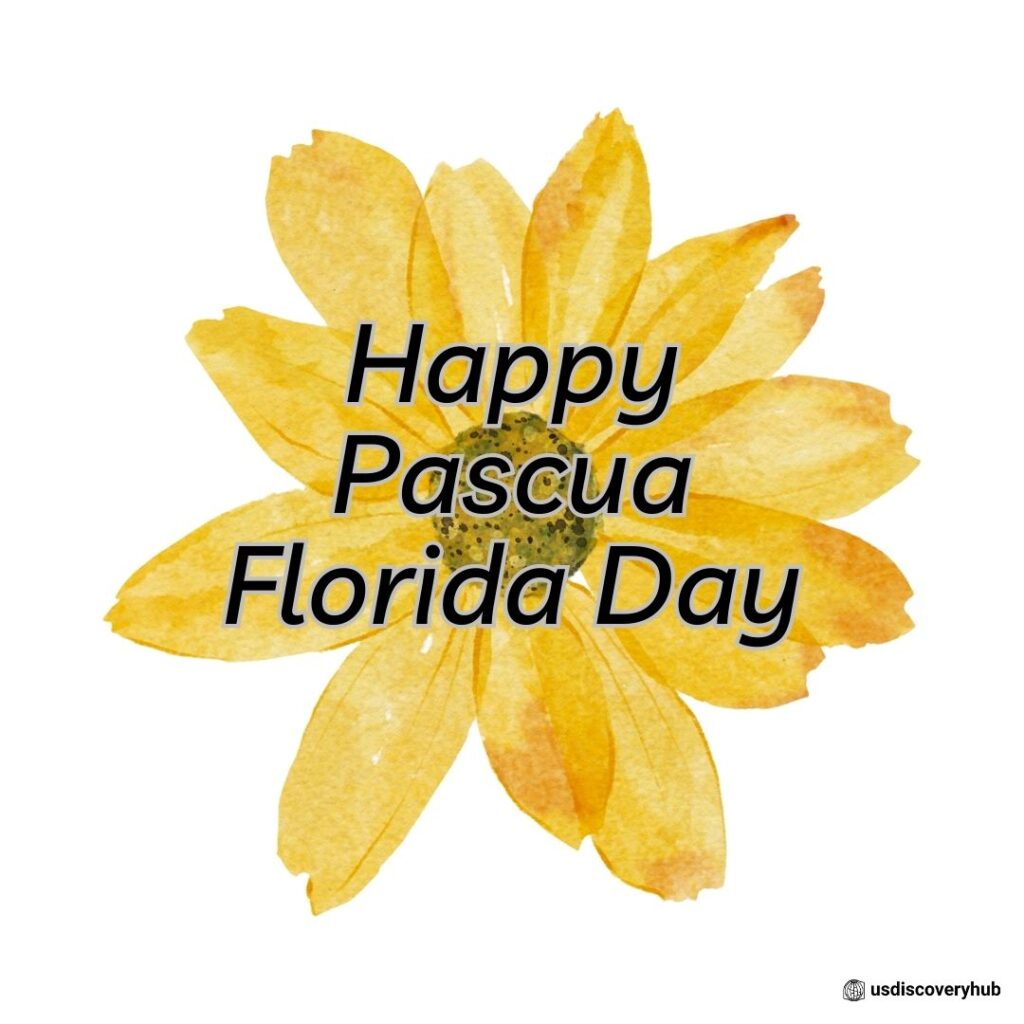
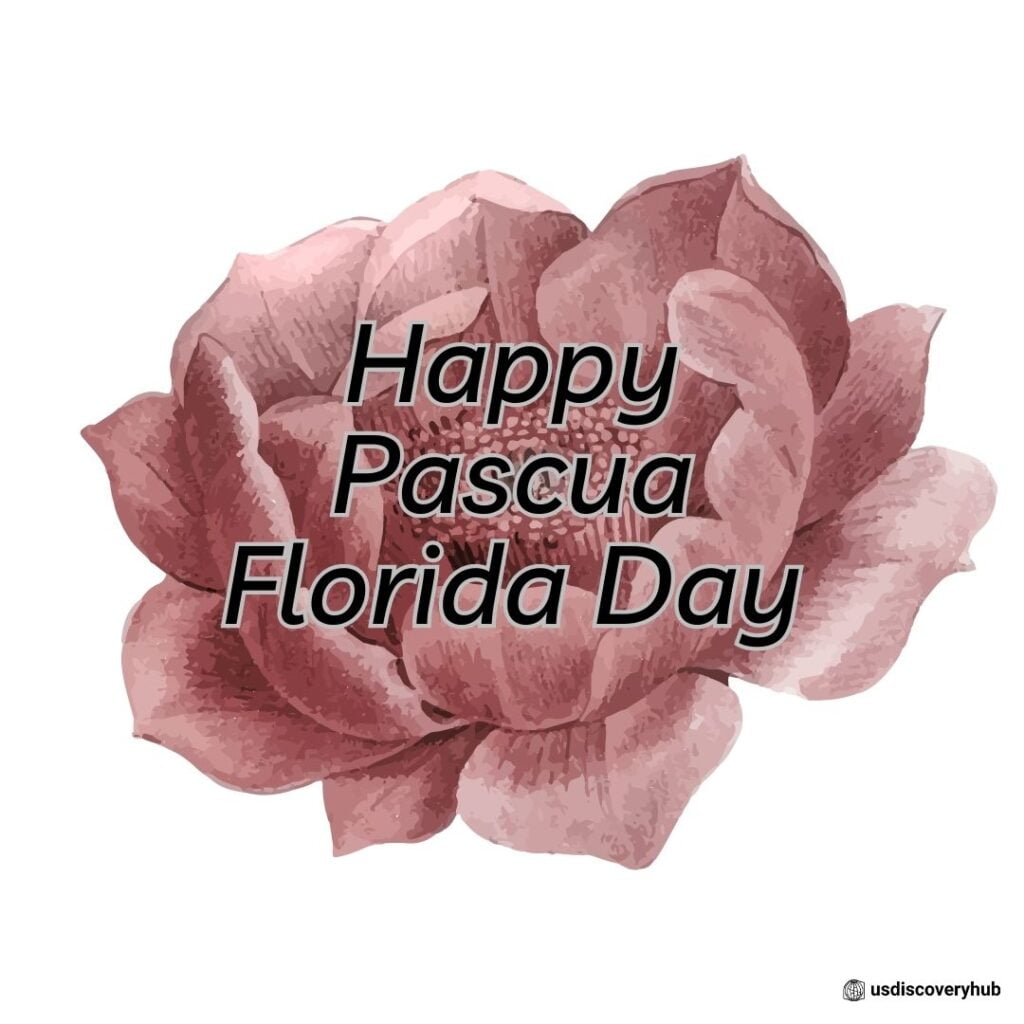
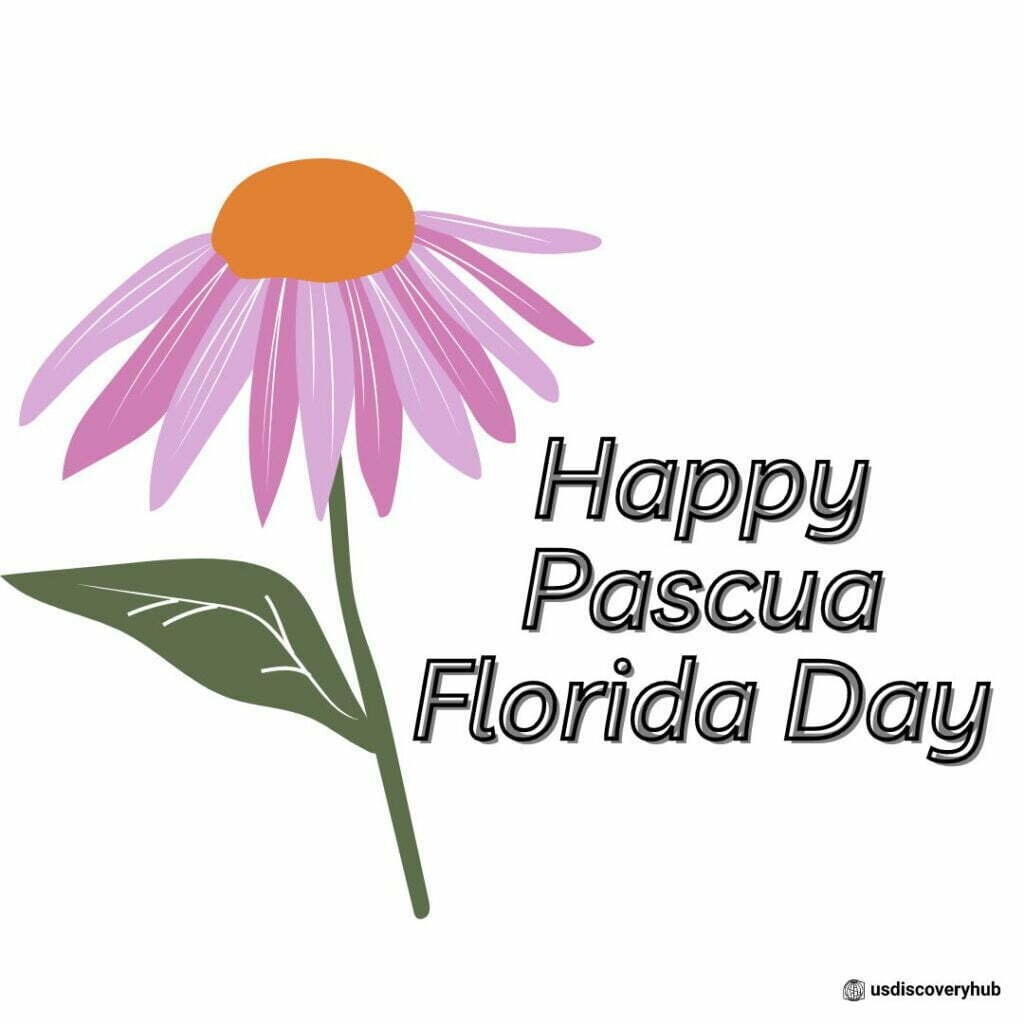
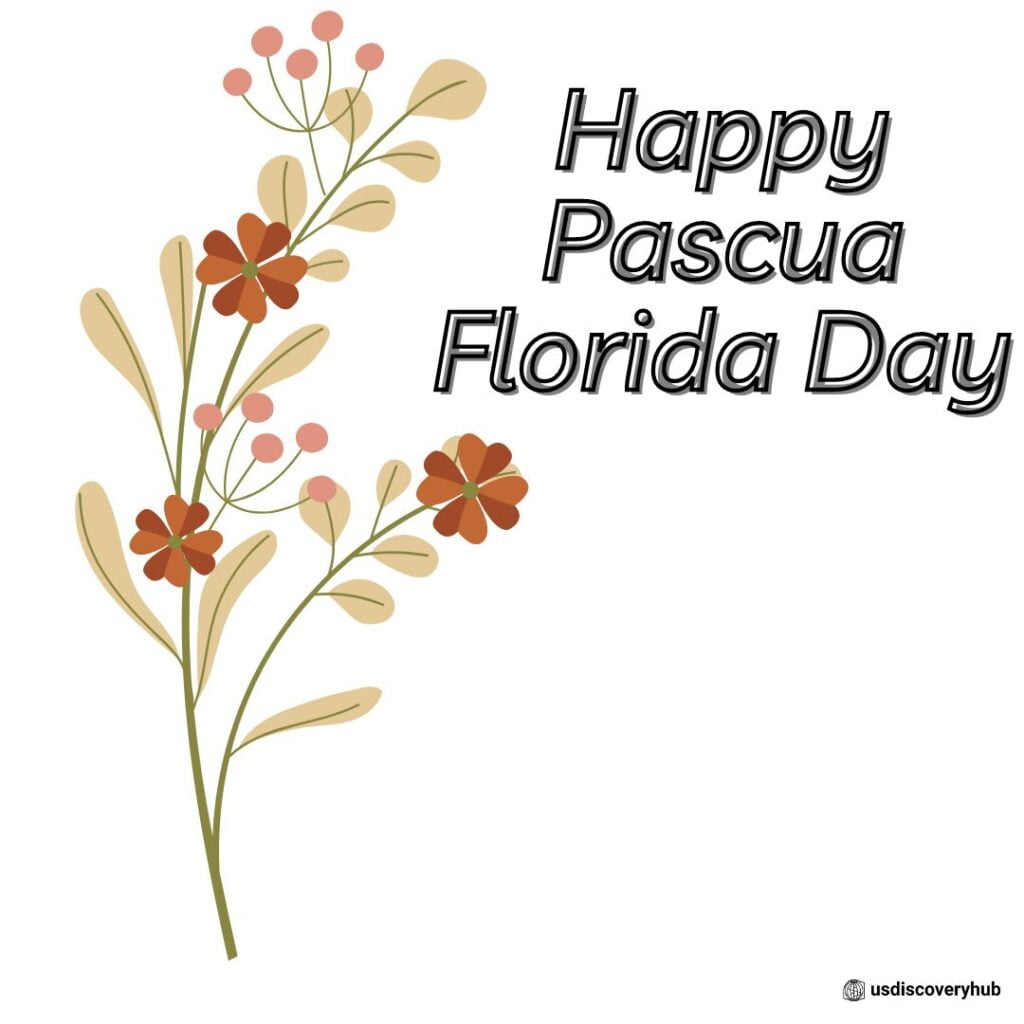
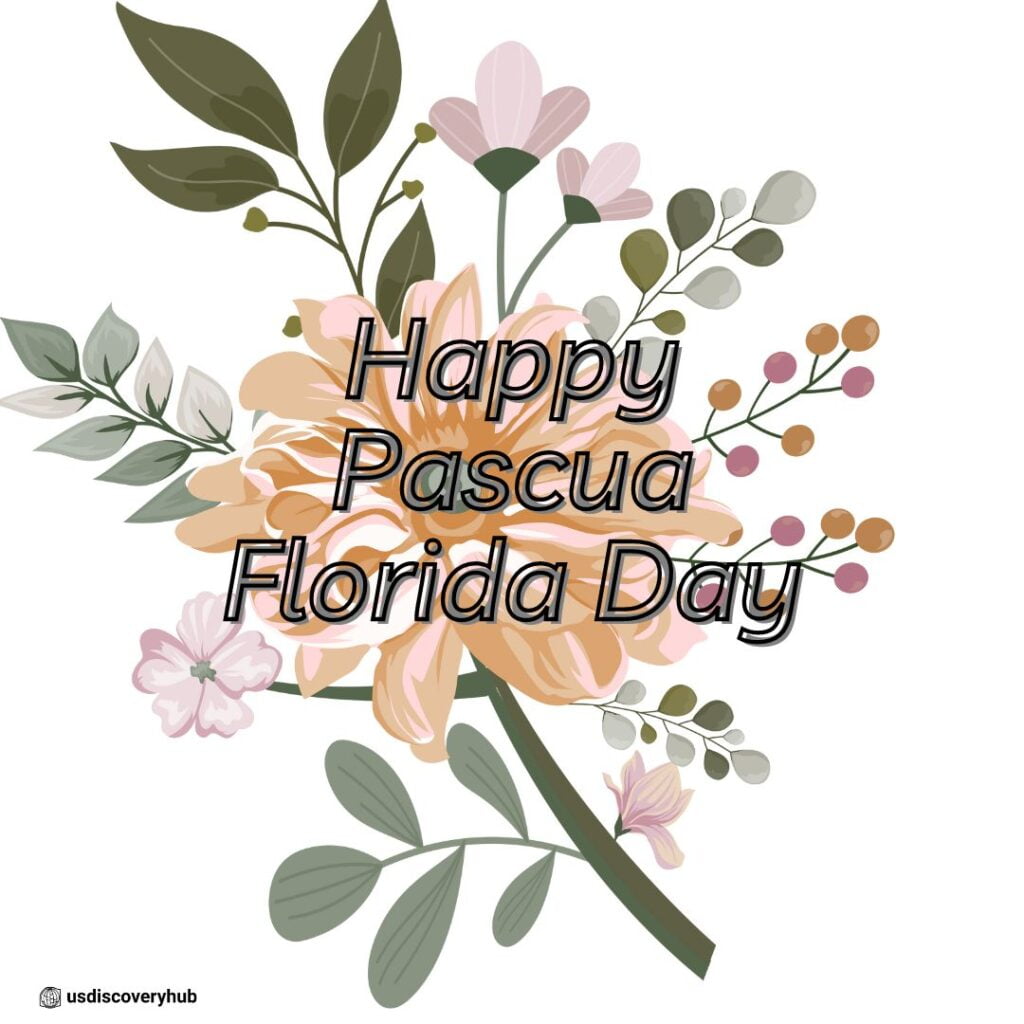
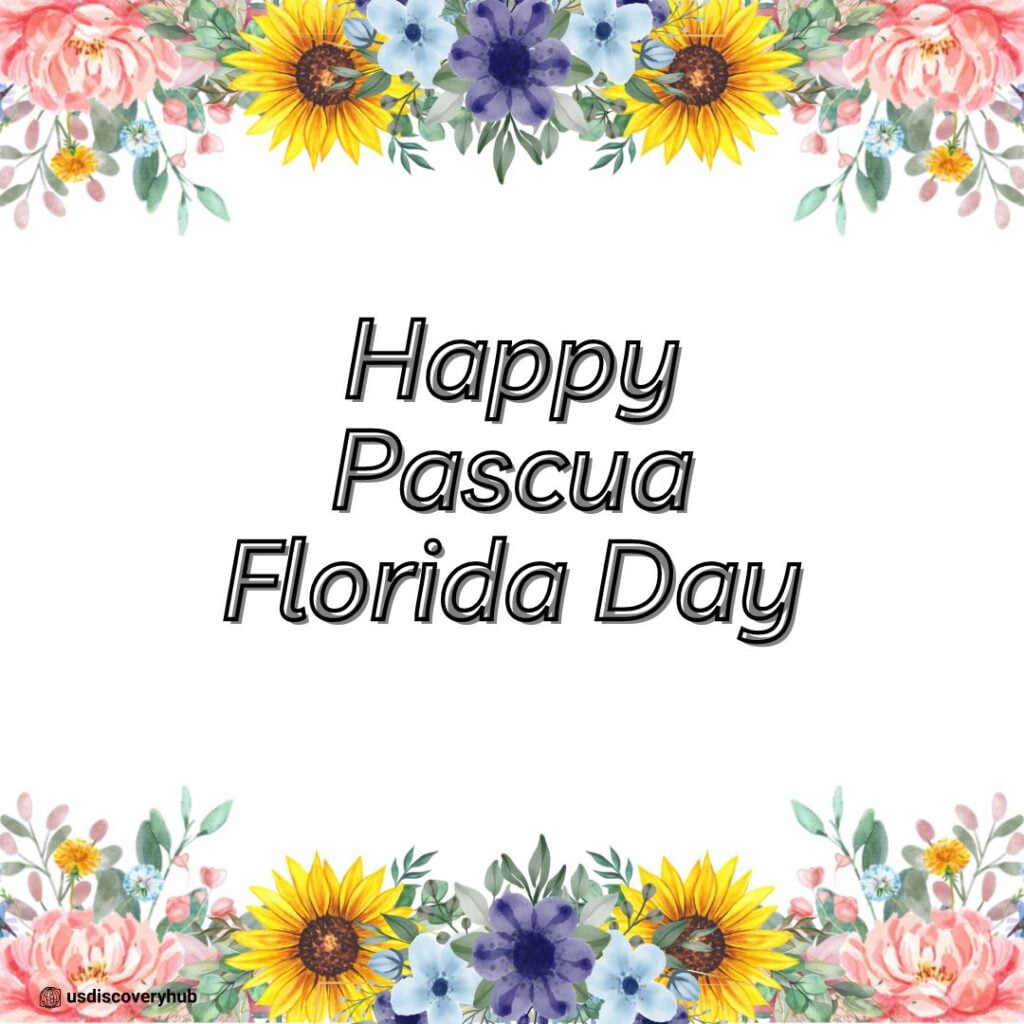
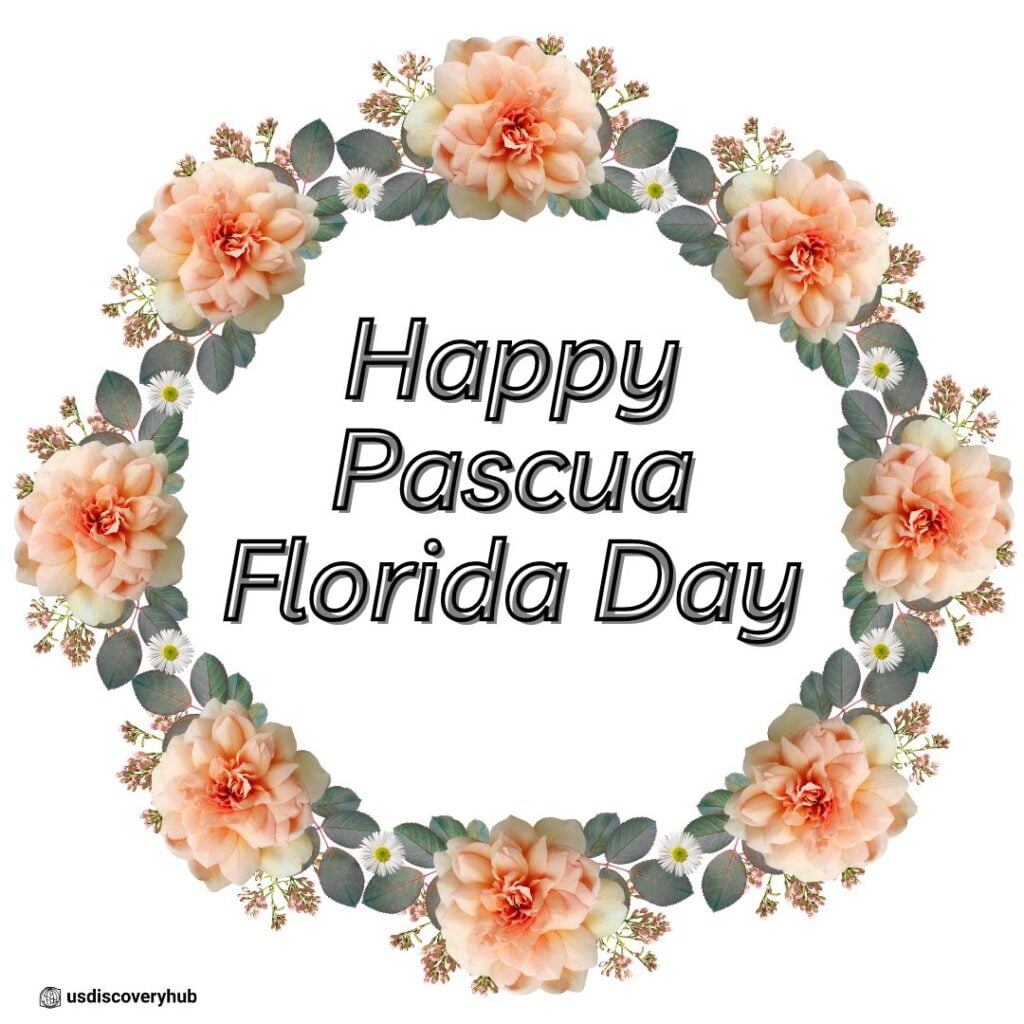
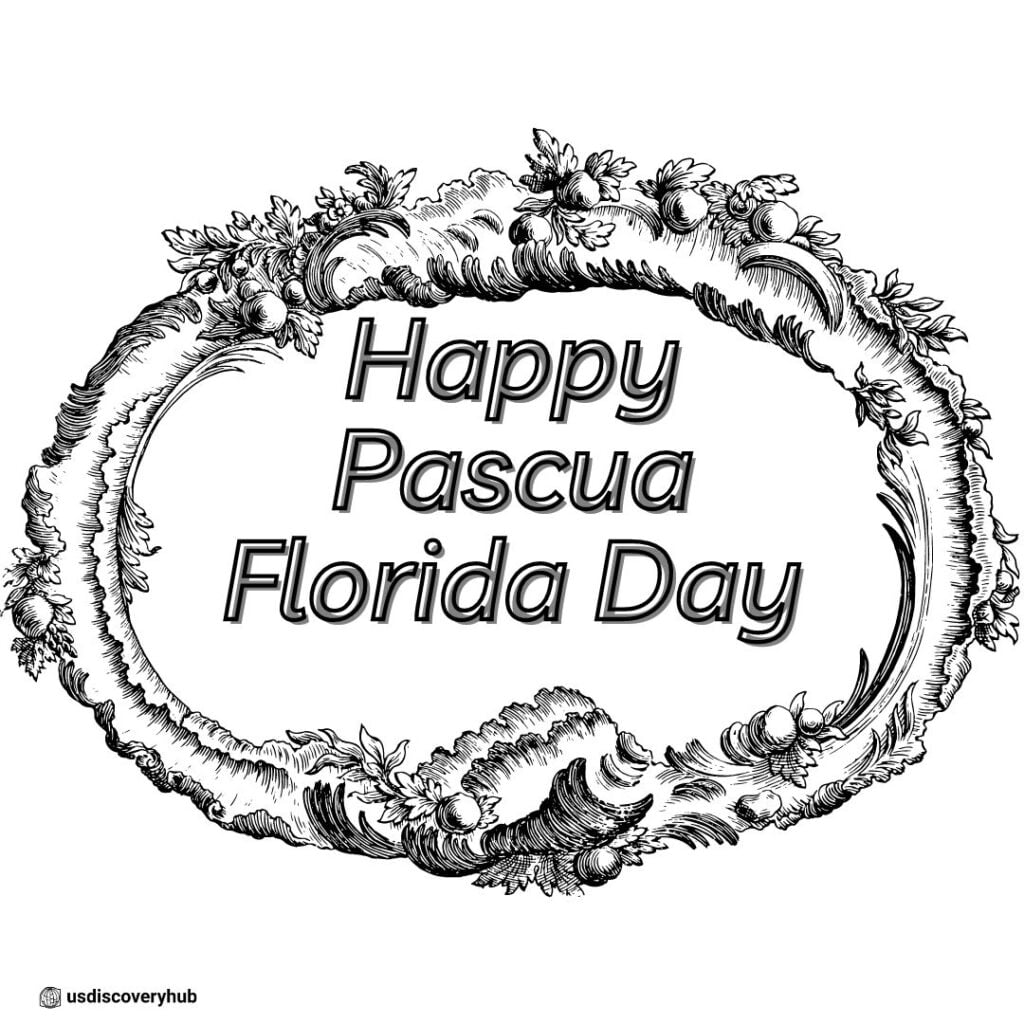
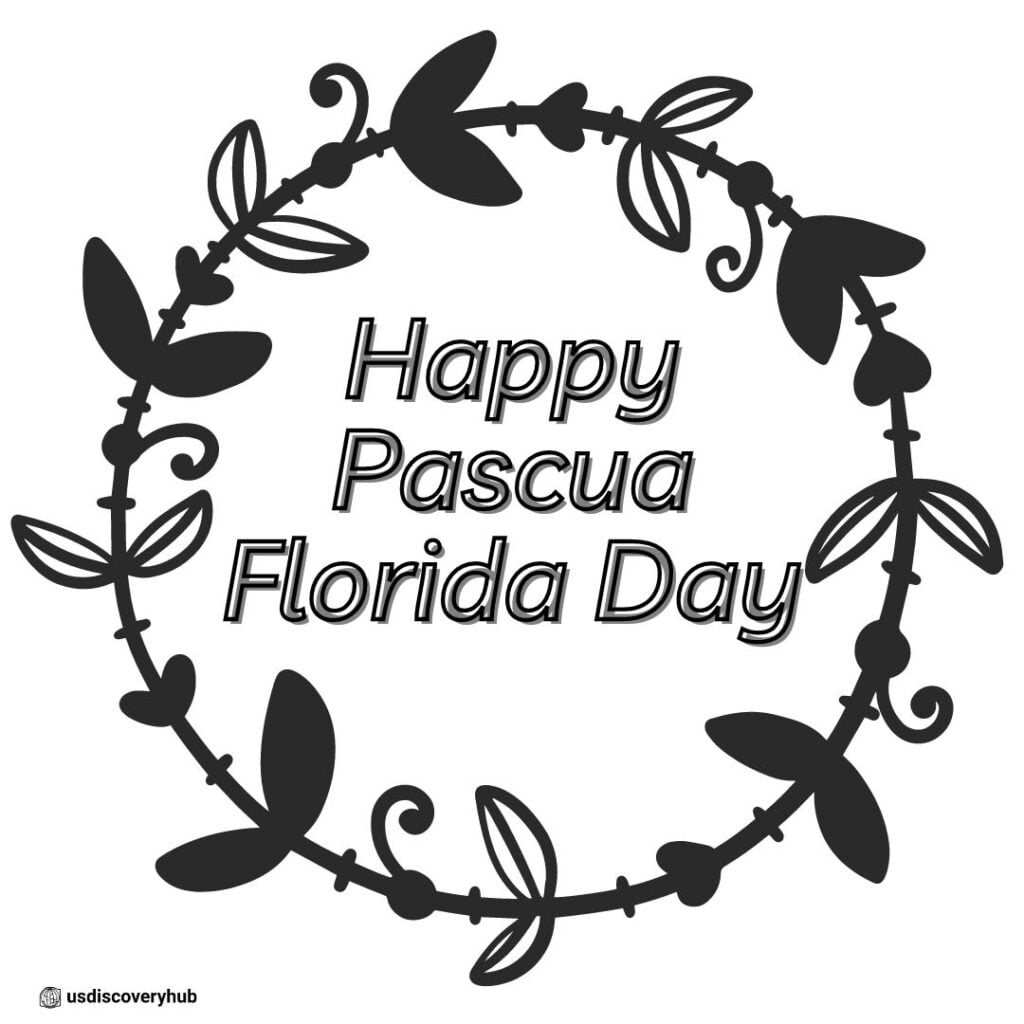
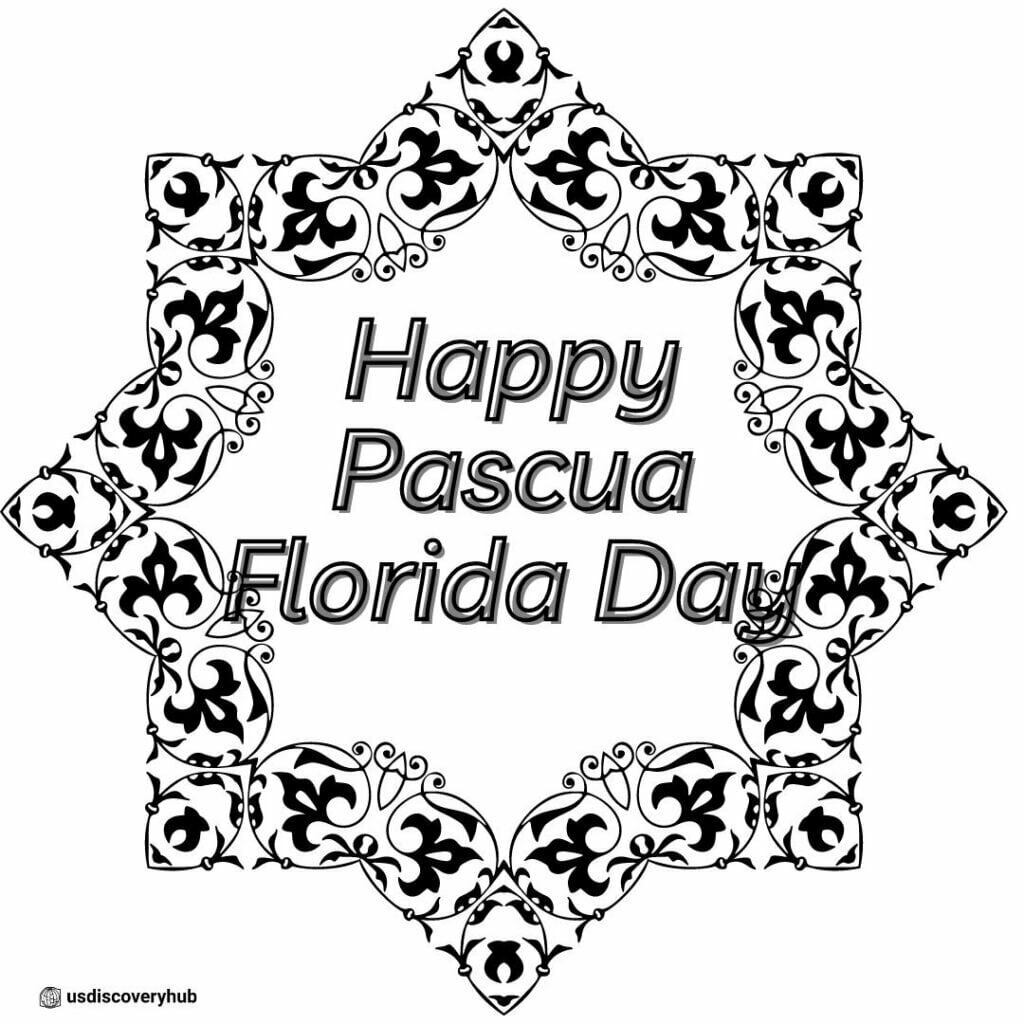
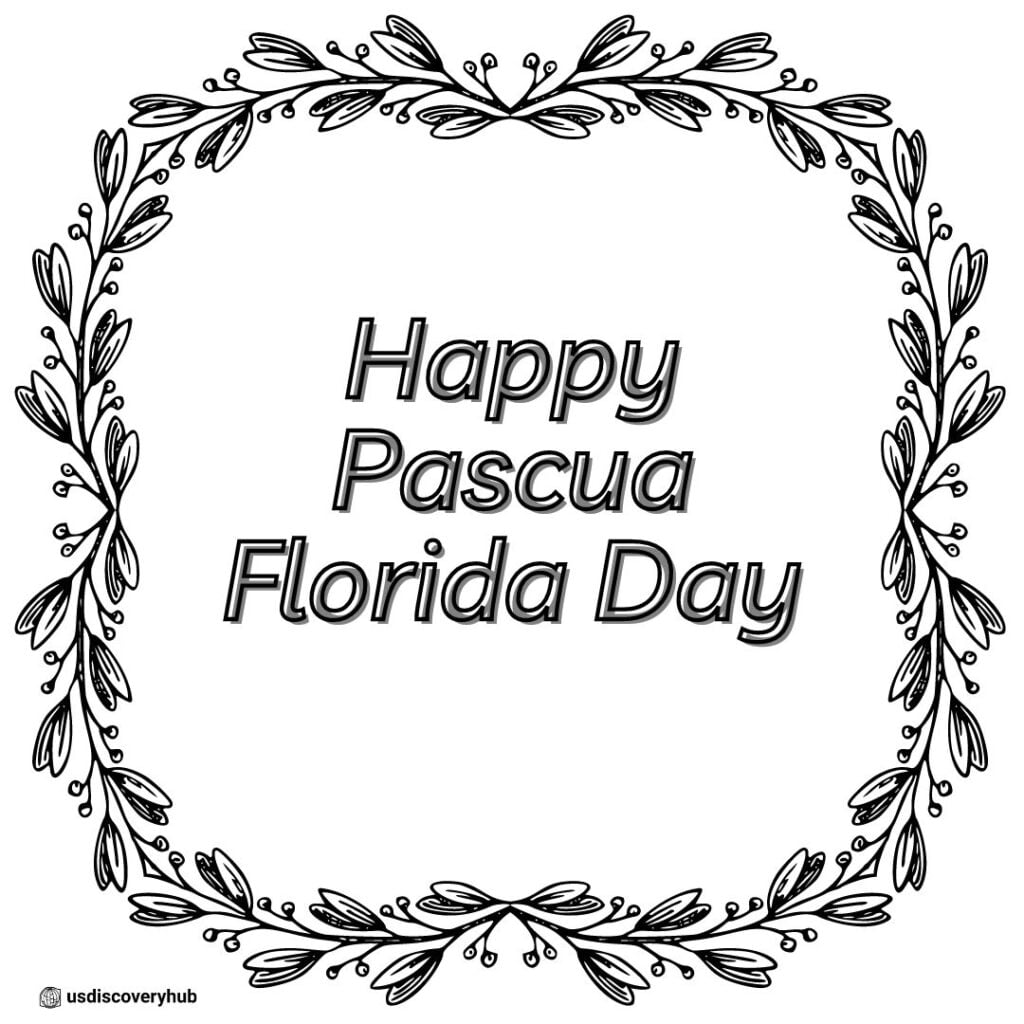
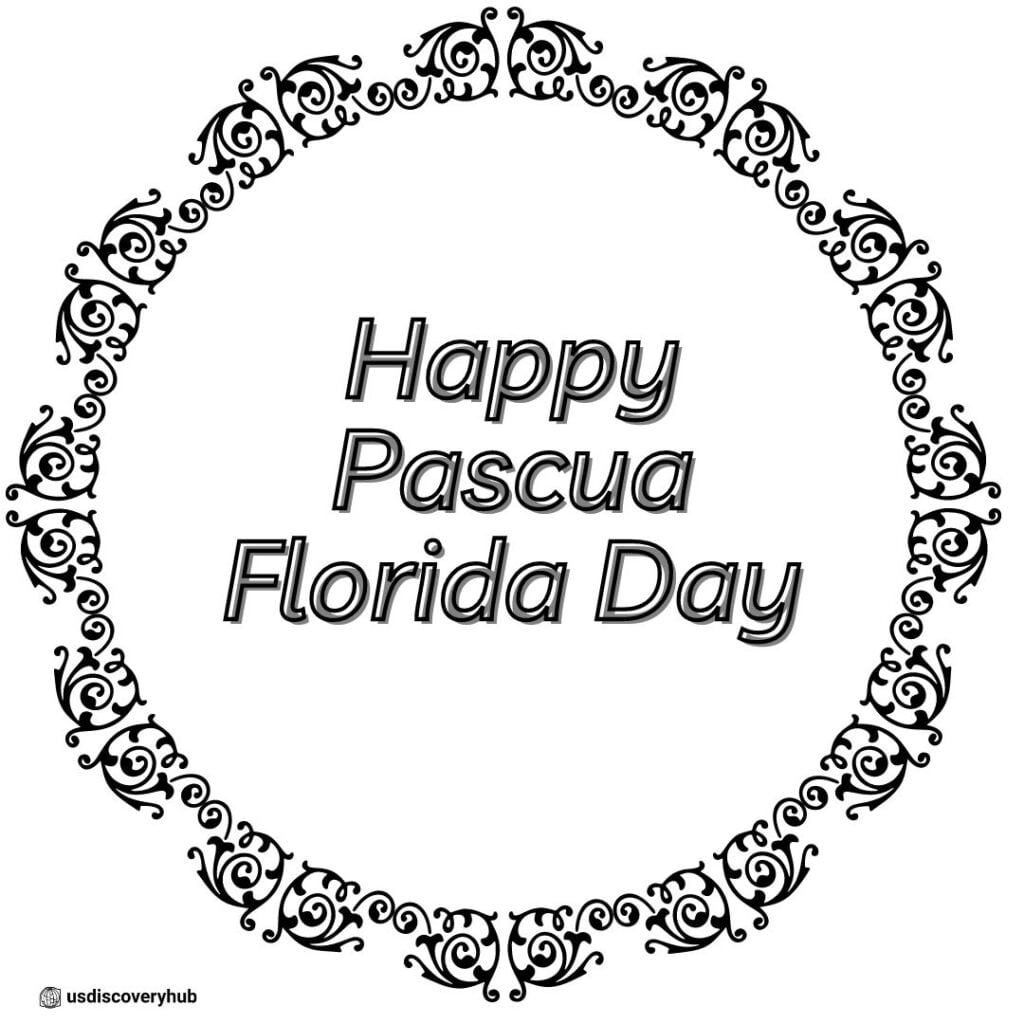
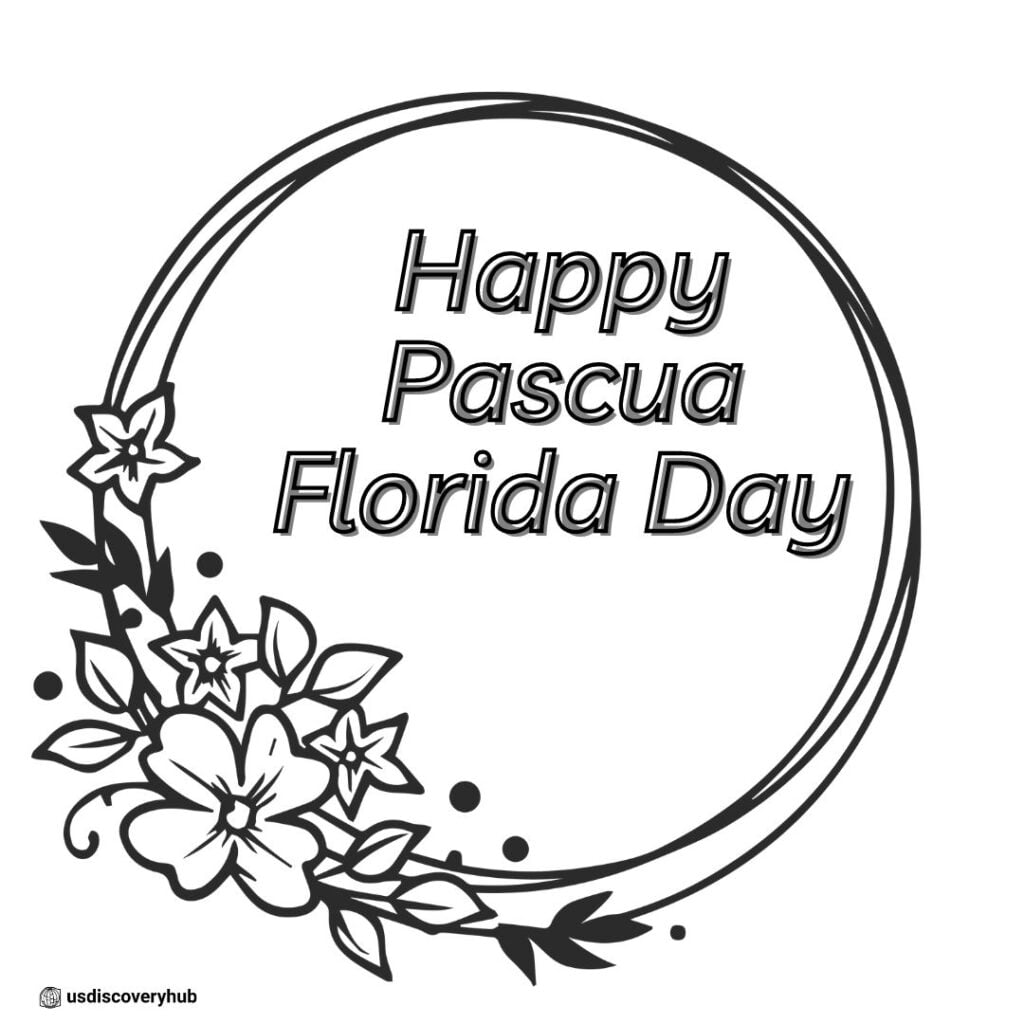
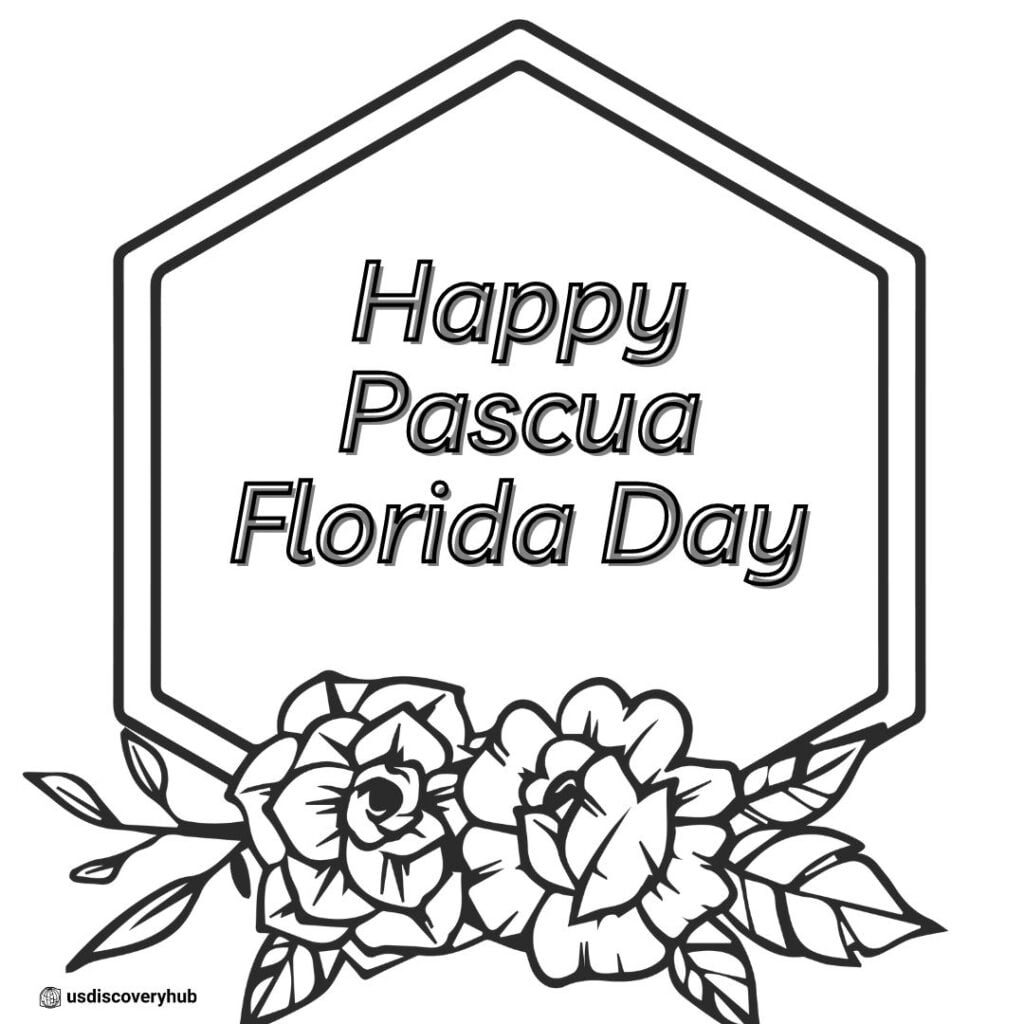
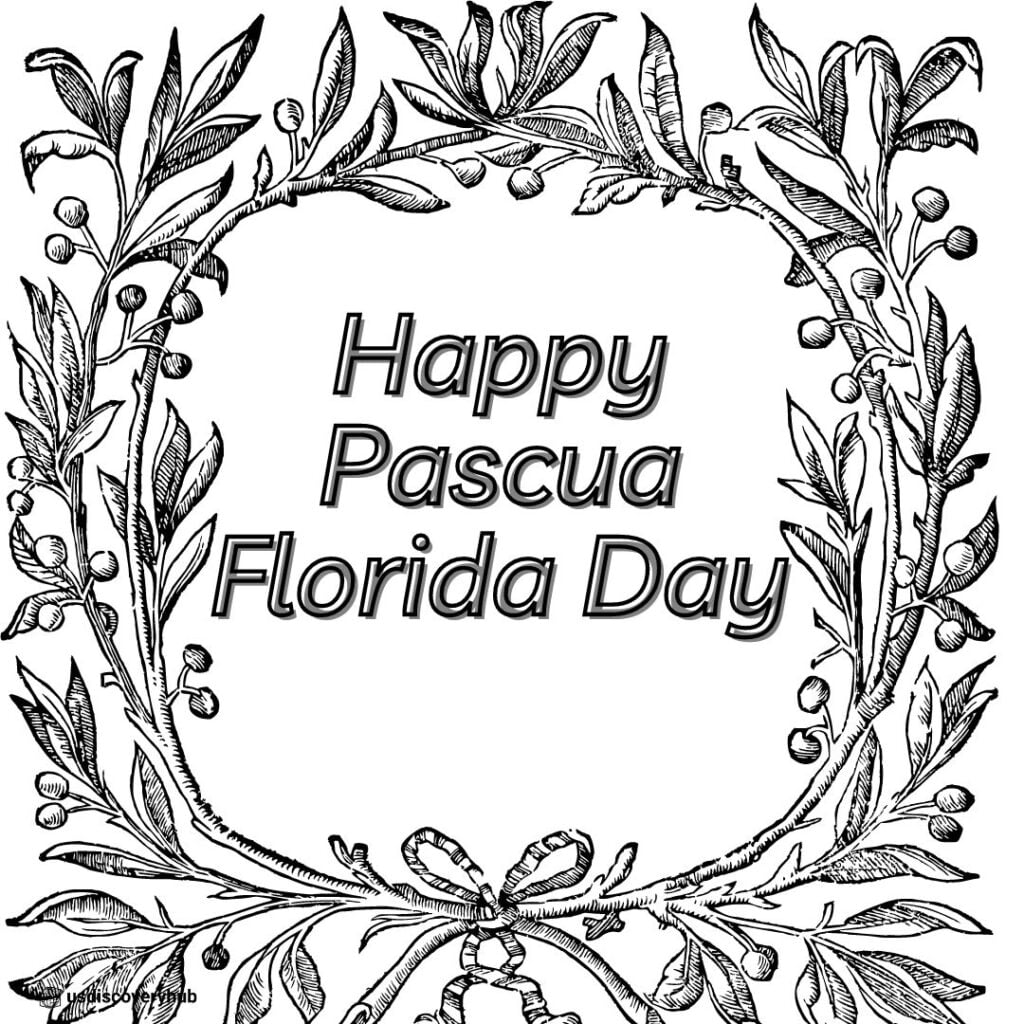
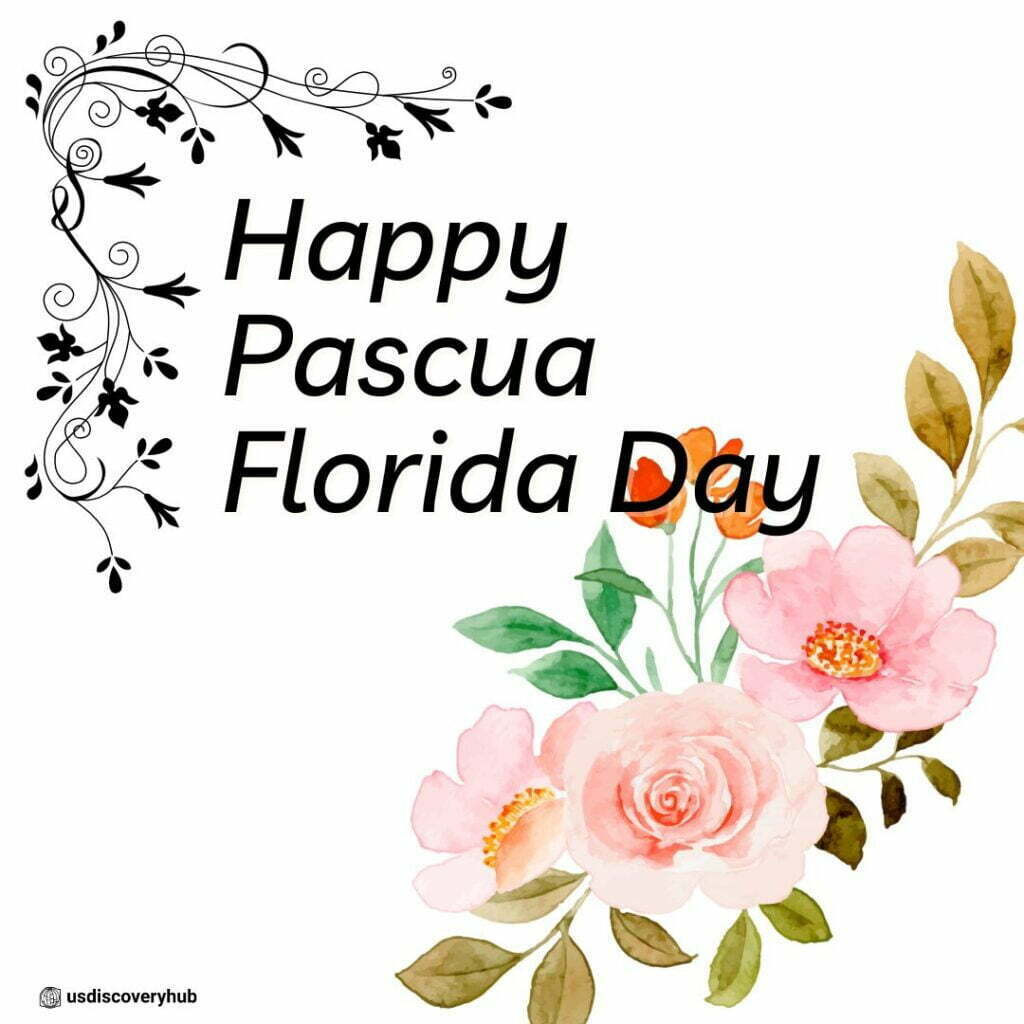
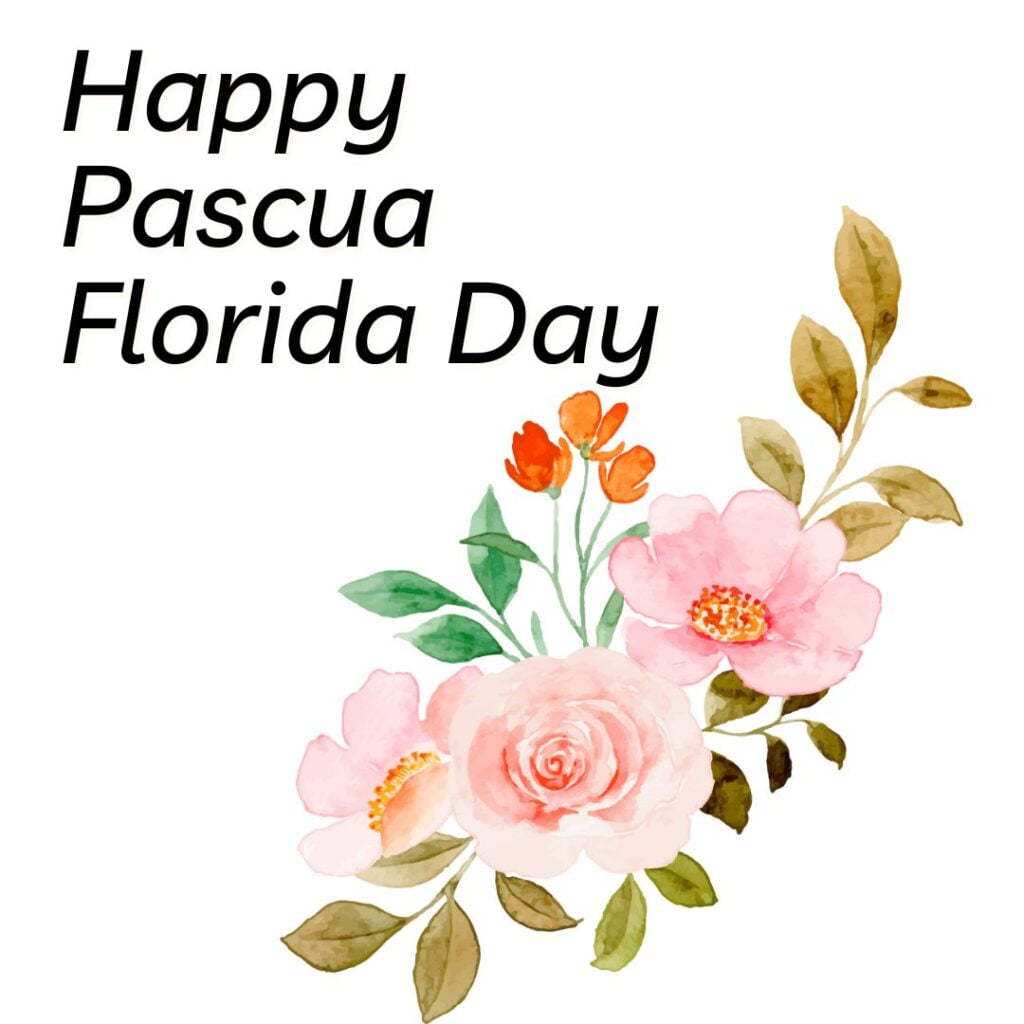
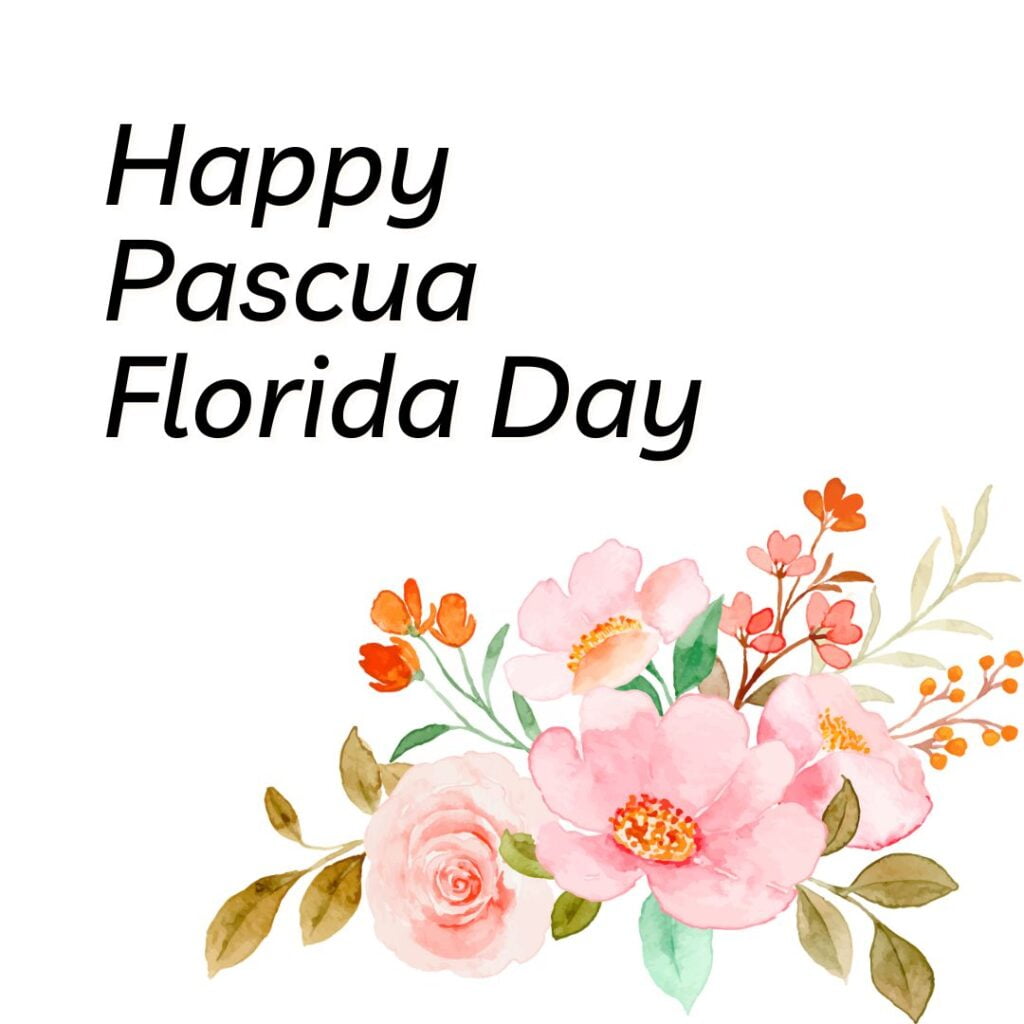
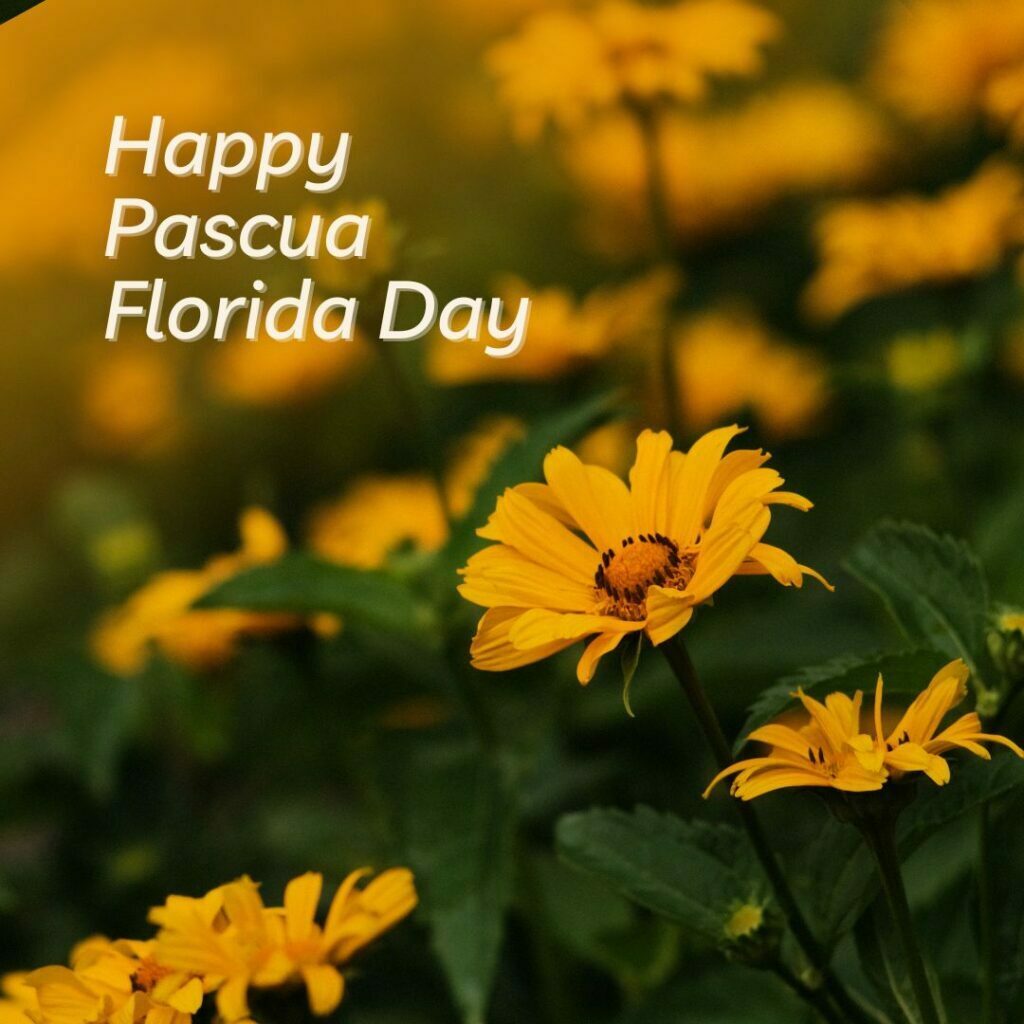
FAQ
What is the significance of the name “Pascua Florida”?
“Pascua Florida” means “flowery Easter” in Spanish. The name was given to the region by Juan Ponce de León because he arrived on the east coast of Florida on Easter Sunday and was struck by the beauty of the blooming flowers.
Is Pascua Florida Day a national holiday?
No, Pascua Florida Day is a state holiday and is only observed in the state of Florida.
What do people do on Pascua Florida Day?
Many people in Florida celebrate Pascua Florida Day by attending parades, festivals, and other cultural events. Some also take the opportunity to reflect on the state’s history, culture, and natural beauty.
How long has Pascua Florida Day been celebrated in Florida?
Pascua Florida Day was first celebrated in Florida in 1953, when the state legislature designated April 2nd as a state holiday in honor of Juan Ponce de León’s landing.
Why is Pascua Florida Day important?
Pascua Florida Day is important because it celebrates Florida’s history and culture, and recognizes the contributions of the diverse communities that have shaped the state. It is also an opportunity to reflect on the ongoing struggle for civil rights and social justice, and to appreciate the state’s natural beauty and resources.
How do schools and businesses observe Pascua Florida Day?
Many schools and businesses in Florida are closed on Pascua Florida Day, while others remain open but may hold special events or activities to celebrate the holiday. Some schools may teach lessons about Florida history and culture, while businesses may offer promotions or discounts to mark the occasion.
Are there any traditional foods or drinks associated with Pascua Florida Day?
There are no specific foods or drinks that are traditionally associated with Pascua Florida Day, but many Floridians may choose to enjoy local specialties such as seafood or citrus fruits on the holiday.
What is the role of Ponce de León in Florida’s history?
Juan Ponce de León is often regarded as the first European to set foot on what is now the continental United States, and his landing in Florida paved the way for future European exploration and settlement in the region. While his expedition did not result in a permanent settlement, his naming of the region “La Florida” helped to establish Spanish claims to the area and paved the way for the development of the state.
How does Pascua Florida Day relate to the wider history of Spanish exploration in the Americas?
Pascua Florida Day is just one part of the broader history of Spanish exploration and colonization in the Americas. Spain played a major role in shaping the political, economic, and cultural landscape of the region, and its legacy can be seen in everything from language and religion to architecture and cuisine.
Read More
- April Fool’s Day
- National Doctors’ Day
- Is UConn an expensive school?
- What is the acceptance rate in UConn?
- Box Office: “John Wick 4” Brings in the Franchise’s Highest Amount in Previews
